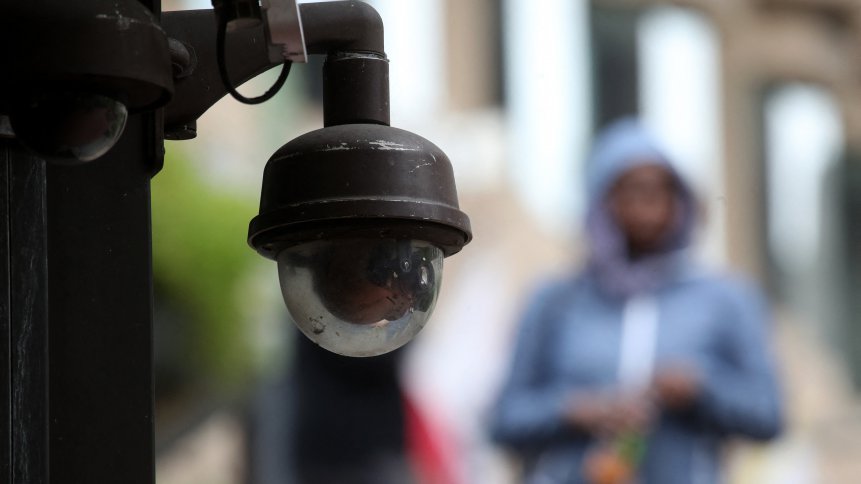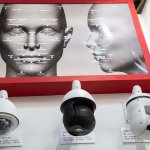Clearview AI – No more controversial facial rec tool for US private companies

- Clearview AI reached an agreement for the lawsuit filed against them in Illinois state court two years ago by the ACLU and several other nonprofits
- The company also agreed to not offer free trials of its software to individual police officers without a sign-off from their superiors
In 2020, the American Civil Liberties Union (ACLU) filed a suit alleging Clearview AI Inc for violating an Illinois’ ruling that requires companies to get consent from people before collecting or using their biometric information. After two long years, the company finally agreed to settle the litigation by agreeing not to sell its facial recognition technology to most private firms in the US.
In fact, the New York-based company has agreed to a set of restrictions to ensure the company is in alignment with the Illinois’ Biometric Information Privacy Act (BIPA), one of just a few biometric privacy laws that exist in the States. The central provision of the settlement restricts Clearview from selling its faceprint database not just in Illinois, but across the US, according to ACLU.
“Among the provisions in the binding settlement, which will become final when approved by the court, Clearview is permanently banned, nationwide, from making its faceprint database available to most businesses and other private entities. The company will also cease selling access to its database to any entity in Illinois, including state and local police, for five years,” the Union said in a blog posting yesterday.
How significant is their database?
The company had recently announced that it was on track to have 100 billion face prints in its database within a year, enough to ensure “almost everyone in the world will be identifiable.” As the ACLU puts it, those images — equivalent to 14 photos for each of the seven billion people on Earth — would enable covert and remote surveillance of Americans on a scale unlike anything seen before.
So far, Clearview AI claims to have scraped over 20 billion photos from the internet, including photos from popular social media platforms, news websites, websites of mugshots, and a variety of other sites. That simply makes Clearview AI’s collection larger than any other known similar database. To recall, the company came under the spotlight in 2020 when its database containing billions of faces was breached. In the same year, the ACLU filed a lawsuit against Clearview AI stating that it had collected all those images without people’s consent.
The ACLU said that was in violation of Illinois’ BIPA, what was called a groundbreaking bit of legislation at a time when many Americans were worried about such tech. Prior to the lawsuit however, buyers of the technology included the Chicago Police Department and the office of the Illinois Secretary of State. In fact, according to Clearview AI, its current customers comprise more than 3,100 US agencies, including the FBI and Department of Homeland Security.
To top it off, based on a June 2021 report from the US Government Accountability Office, a survey of 42 federal agencies shows that 10 agencies used Clearview AI between April 2018 and March 2020, including the FBI, Secret Service, DEA, and US Postal Inspection Service.
ACLU’s director of speech, privacy and technology projects Nathan Freed Wessler reckons that “by requiring Clearview to comply with Illinois’ pathbreaking biometric privacy law not just in the state, but across the country, this settlement demonstrates that strong privacy laws can provide real protections against abuse.”
He even believes that Clearview should no longer treat people’s unique biometric identifiers as an unrestricted source of profit. “Other companies would be wise to take note, and other states should follow Illinois’ lead in enacting strong biometric privacy laws,” he added.
How else is Clearview AI restricted?
Under the settlement agreement filed in Illinois state court yesterday, Clearview AI will be permanently banned from granting paid or free access to its gargantuan face recognition database to private entities, both companies and individuals nationwide. Besides that, the company will be banned from granting access to its database to any state or local government entity in Illinois, including law enforcement, for a period of five years.
YOU MIGHT LIKE

Data watchdogs want EU-wide ban on AI facial recognition
“This means that within Illinois, Clearview cannot take advantage of BIPA’s exception for government contractors during that time,” ACLU noted. The facial recognition company will also be banned from granting access to its database to any private entity in Illinois for five years, even any of BIPA’s exceptions. The company should also maintain an opt-out request form on its website, allowing Illinois residents to upload a photo and fill out a form to ensure their faceprints will be blocked from appearing in Clearview’s search results, including for Clearview’s law enforcement users.
To top it off, the court ruled that the company should commit US$50,000 in internet ads to publicize the opt-out mechanism and Clearview AI is also prohibited from using the photos people upload as part of this opt-out process for any purpose other than effectuating the opt-out program.
Clearview is also required to end its practice of offering free trial accounts to individual police officers, without the knowledge or approval of their employers. Finally, for the next five years, Clearview AI is required to continue its current measures to attempt to filter out photographs that were taken in or uploaded from Illinois.









